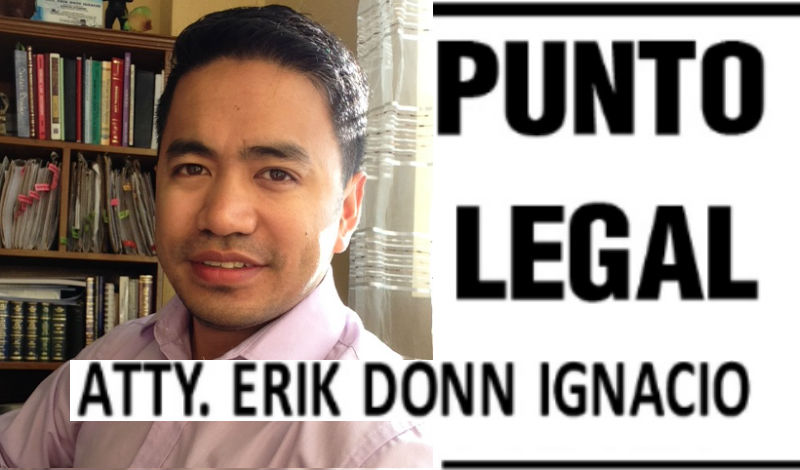Prejudicial Question is a matter encountered in Criminal Procedure. It usually involves the suspension of the the proceedings in a criminal case to await the result of the civil case since the outcome of the latter is very essential to the former. This is an oversimplified explanation of the concept. The Supreme Court explained it more sufficiently in the case of San Miguel vs. Perez: “A prejudicial question is understood in law to be that which arises in a case the resolution of which is a logical antecedent of the issue involved in the criminal case, and the cognizance of which pertains to another tribunal. It is determinative of the criminal case, but the jurisdiction to try and resolve it is lodged in another court or tribunal. It is based on a fact distinct and separate from the crime but is so intimately connected with the crime that it determines the guilt or innocence of the accused” (04 September 2013, G.R. 166836). If the accused is found guilty, it will be absurd and confusing if later on the decision in the civil case points to his innocence. This is the very reason why the criminal case is suspended first to avoid such situation. The classic example is in a case of bigamy where the accused is supposed to have contracted a second marriage while the first one is still a valid one. If there is a pending case in a civil court where the issue is the validity of the first marriage, the criminal case of bigamy will have to be suspended to await the decision of the civil court whether the first marriage is void. This is so because the accused cannot be found guilty of bigamy if indeed the first marriage is void and therefore inexistent at the time he contracted the second marriage, because then it might be said that the crime of bigamy was not committed.
The general rule is that the concept of prejudicial question only applies to civil in relation to a criminal case. Through the years, jurisprudence made several exceptions and applied the concept or principle even in administrative cases in relation to criminal cases. The case of San Miguel vs. Perez made the same exception. The criminal case based on the non-delivery of TCT was ordered suspended to await the result of the administrative case before the HLURB on whether the seller had the authority to sell the property. The SC in that case elucidated that: “The essential elements of a prejudicial question are provided in Section 7, Rule 111 of the Rules of Court, to wit: (a) the previously instituted civil action involves an issue similar or intimately related to the issue raised in the subsequent criminal action, and (b) the resolution of such issue determines whether or not the criminal action may proceed”. While it may be clear that the Rules mention “civil action”, “the action for specific performance in the HLURB raises a prejudicial question that sufficed to suspend the proceedings determining the charge for the criminal violation of Section 25 of Presidential Decree No. 957. This is true simply because the action for specific performance was an action civil in nature but could not be instituted elsewhere except in the HLURB, whose jurisdiction over the action was exclusive and original”. If the concept is not applied in this case, an absurd situation would result if the HLURB determined that the seller had the authority to sell and therefore could not be compelled to deliver the TCT other than to the buyer.













